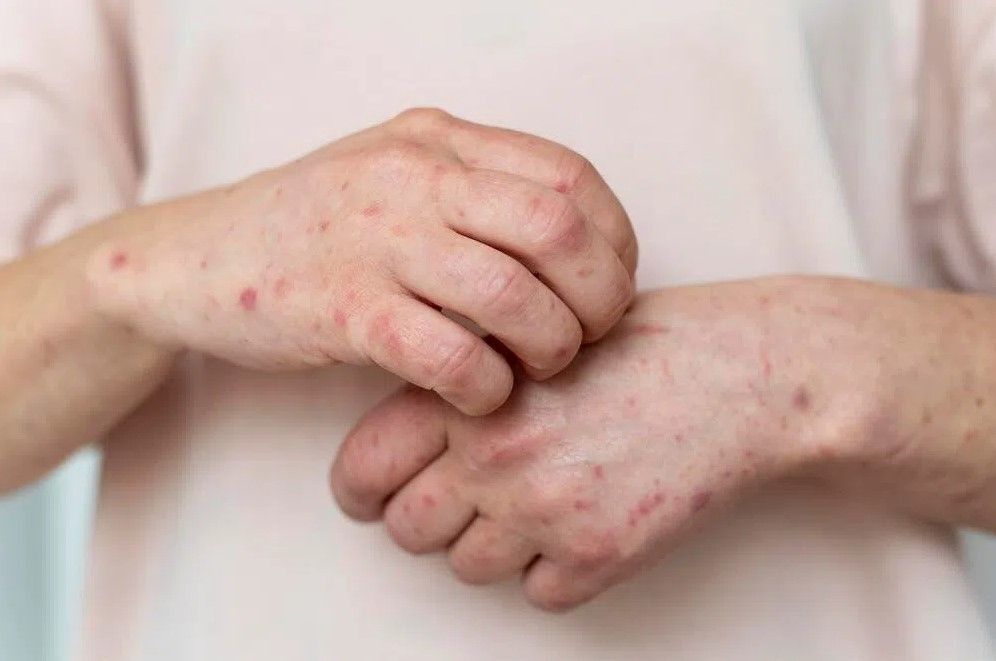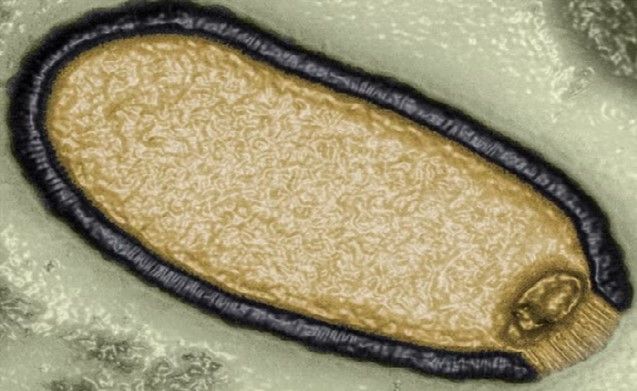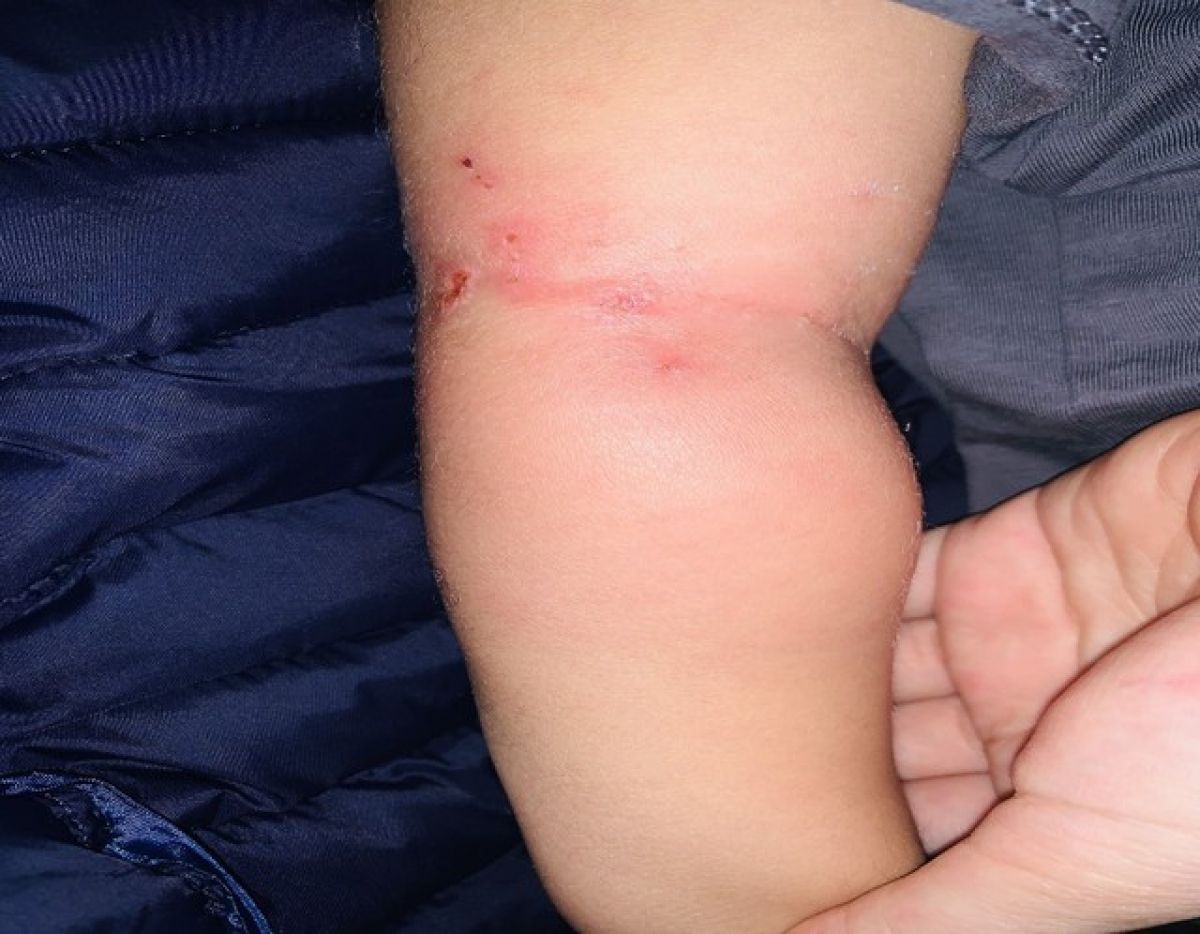Diphtheria appears in Nghe An and Bac Giang, Ministry of Health directs urgently
The Ministry of Health requires testing samples to promptly identify cases of disease, deploy measures to thoroughly handle the outbreak and provide prophylactic antibiotic treatment to all close contacts.
According to information from the infectious disease surveillance system, in Ky Son district, Nghe An province, a patient has not survived due to diphtheria. In addition, an 18-year-old female student in Bac Giang province tested positive for diphtheria bacteria due to close contact with the above case.
On the afternoon of July 8, the Department of Preventive Medicine (Ministry of Health) sent an official dispatch requesting the Directors of the Departments of Health of Nghe An and Bac Giang provinces to direct units and localities to urgently review cases of close contact with the patient. people with diphtheria.
Surveillance aims to early detect suspected cases of the disease at outbreaks and in the community; Take samples for testing to promptly identify cases of disease, deploy measures to thoroughly handle outbreaks, organize investigations and provide prophylactic antibiotic treatment to all close contacts according to instructions from the Ministry of Health. .
In addition, these localities also need to ensure reception, emergency care, examination and treatment of patients. Medical facilities set up separate areas for examination, isolation, treatment, and emergency treatment of patients, minimizing cases of death.
Infection control and cross-infection prevention at medical examination and treatment facilities need to be strictly implemented, limiting transfer of patients to higher level hospitals when not necessary.

The Department of Preventive Medicine also requires review and statistics on cases of people who have not been vaccinated or have not been fully vaccinated against diphtheria. Localities need to organize supplementary vaccination, especially in areas where diphtheria is endemic and vaccination rates are low.
Organize health monitoring of children, pupils and students at training facilities; Regularly clean and ventilate classrooms, promptly notify medical facilities when detecting suspected cases of disease so that they can be isolated and treated promptly to prevent outbreaks.
Localities urgently review and ensure logistics of vaccines, antibiotics for prophylactic treatment, anti-toxin serum, chemicals... to implement anti-epidemic tasks.
If necessary, propose the need for diphtheria antitoxin serum to the Ministry of Health for allocation, management and use according to regulations.
The Department of Preventive Medicine also requested the Central Institute of Hygiene and Epidemiology to closely monitor the epidemic situation and direct, guide and support localities in implementing disease prevention and control measures.









 Facebook
Facebook
 Tweet
Tweet
 Zalo
Zalo







 News
News

















 Sign in with Facebook
Sign in with Facebook
 Sign in with Google
Sign in with Google